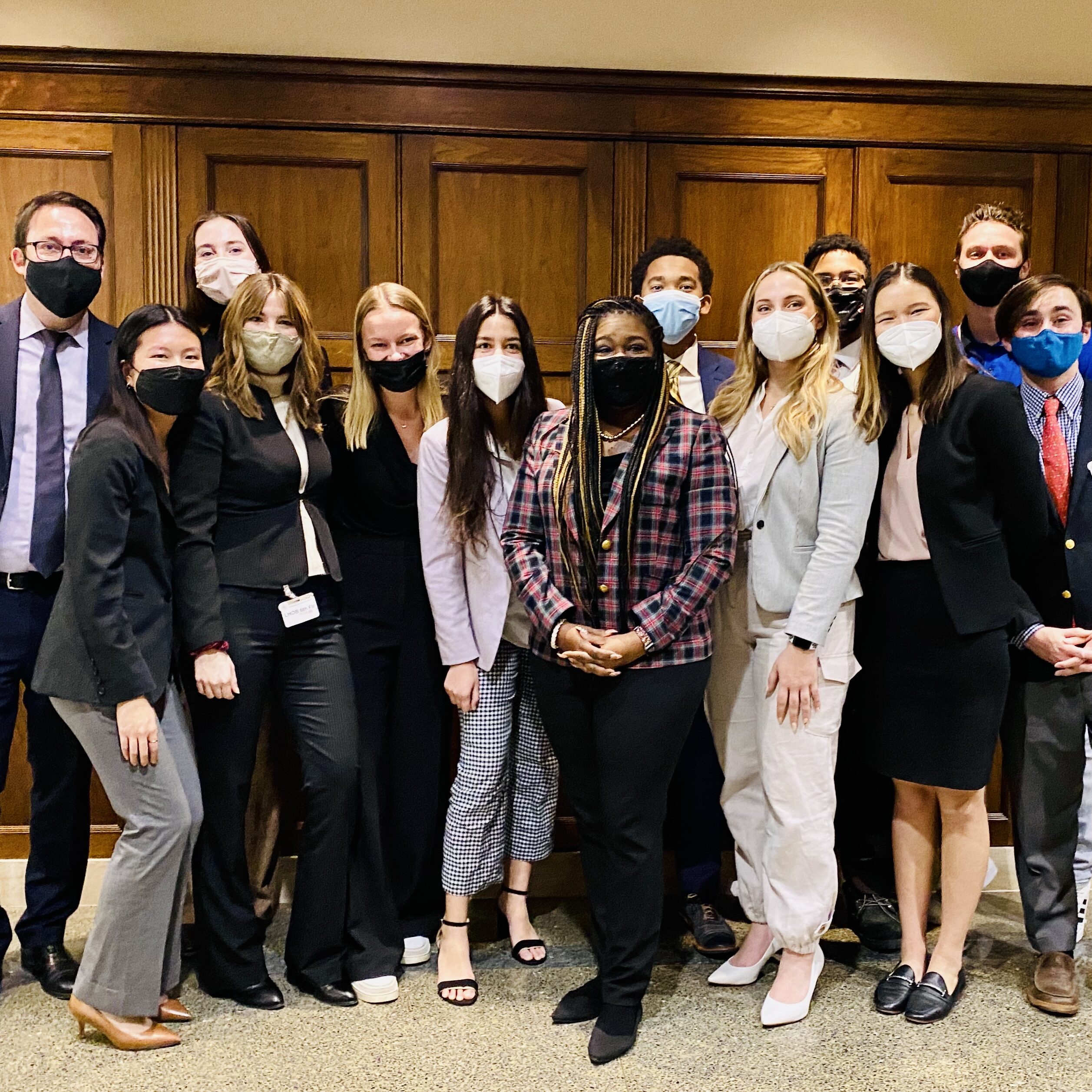When you are a first-year, you hear about the Senior Thesis, the Junior Paper, and independent research. While these may seem daunting and unexciting, they are actually some of the most unique and amazing parts of the Princeton experience. Most juniors do independent research within their respective majors. As a SPIA major, I took a Task Force in the fall, where I worked with a professor and team of SPIA students to achieve a policy mission, and I am now in a Research Seminar, where I am doing more quantitative research on a new policy issue. In this post, I would like to share my experiences in my task force last semester in order to help you gain an understanding of what independent research could look like, and how truly incredible it can be.
Last semester, while scrolling through options for the SPIA task force, the course “Rethinking Criminal Justice: Policy Responses to Mass Incarceration” really caught my eye. I had always been passionate about criminal justice; I worked with a non-profit in Newark and saw the devastating prison cycle in this city first-hand. I had never explored incarceration in an academic setting, and I was worried about taking the course because of this. However, I knew how important the topic was, and how I may eventually want to go into criminal justice law, so I took a chance on the course, and it was one of the best decisions that I ever made.
At first, I was very stressed out in the class because every other student seemed to have experience in the incarceration field, whether it was through interning at a public defender’s office or doing work on specific incarceration cases. My professor, Udi Ofer, who is the Director of the ACLU’s Justice Division is also brilliant. I was definitely intimidated at first, but I realized that having less experience was not a bad thing at all; it motivated me to engage more in the reading, use resources such as the Firestone librarians, and meet with Professor Ofer for extra office hours.
After weeks of research, I decided that I wanted to write my paper on implicit racial biases within the pretrial system and how we can limit these biases. In a just system, would we use a human judge or a risk assessment tool to make these decisions? I met with my professor to come up with this topic, and I found it helpful to run ideas by my classmates who had more experience. I also ended up interviewing those who work on the ground. I reached out to those who work at The Bail Project and at Arnold Ventures, in order to understand their views on my topic.
Finally, it was time for the most amazing part of the task force. My class was able to travel to Washington D.C. and present our policy solutions to Congressmember Cori Bush. Our task force senior advisor worked with us to help combine ideas and create one final presentation. We then worked with Congressmember Bush’s staff and shared our proposals and ideas on how to work to end mass incarceration. It was a once-in-a-lifetime experience and it made me realize that you can make real change in your independent research, or at Princeton more generally. Take advantage of new classes, unbelievable opportunities, and inspiring professors while you are here, and I promise that you will not regret it.
— Ryan Champeau, Social Sciences Correspondent



